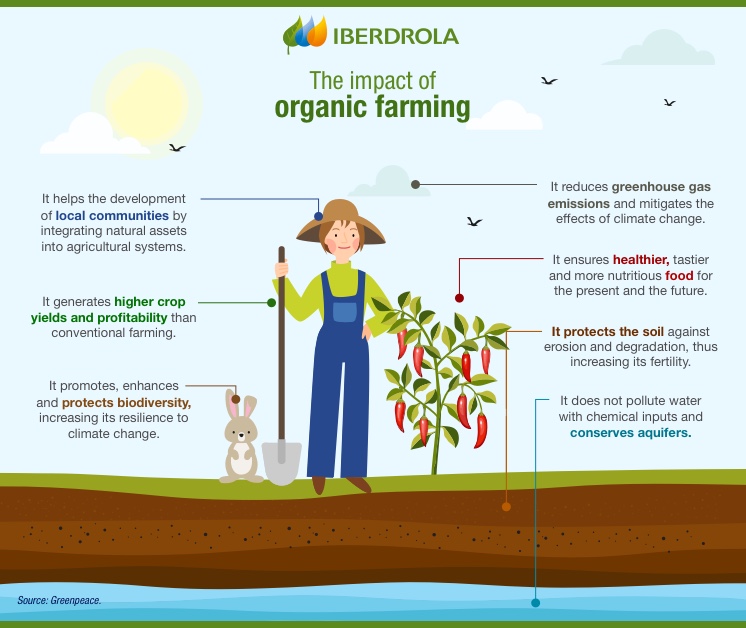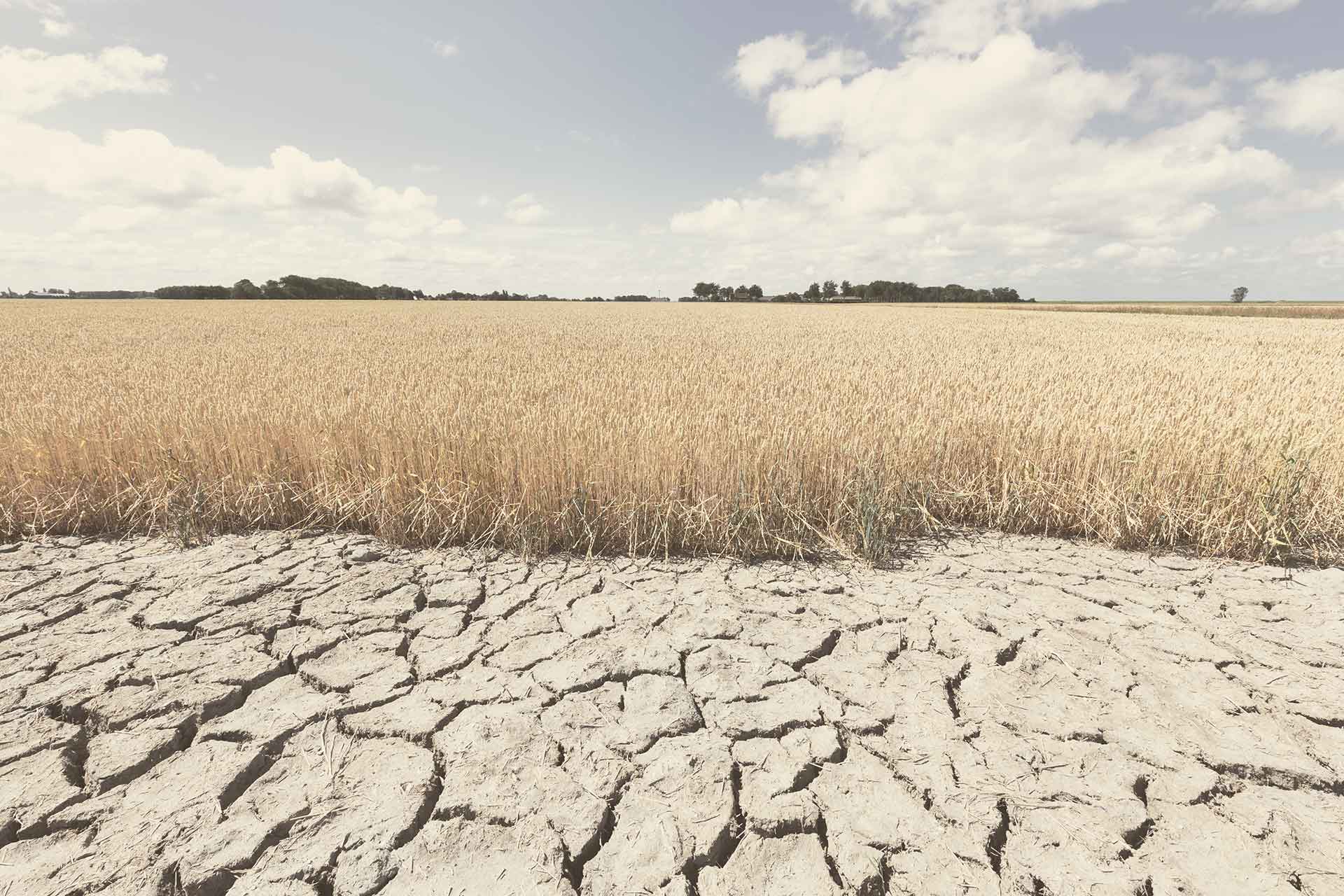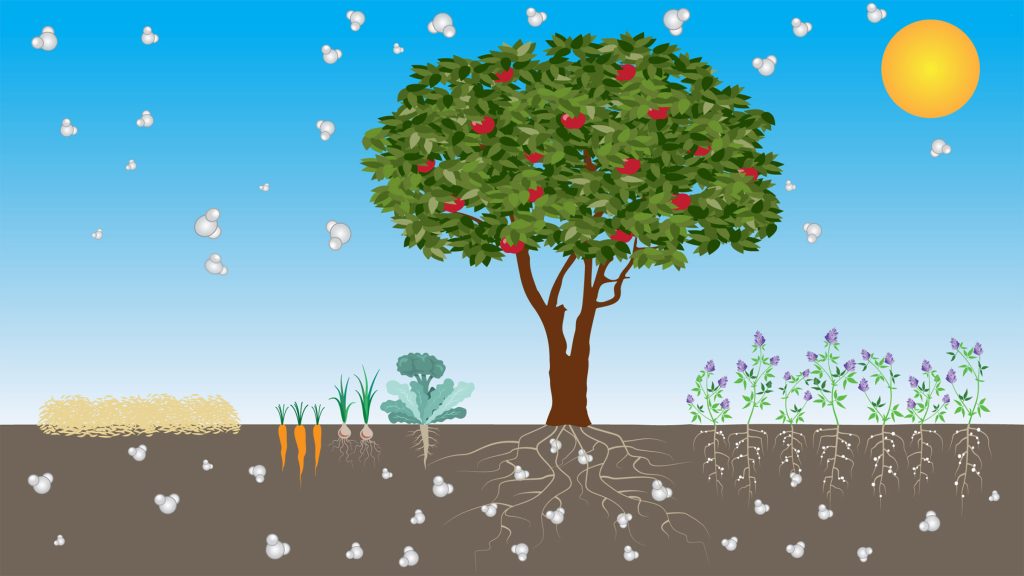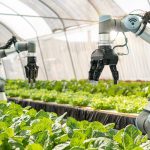Imagine walking through a lush, vibrant organic farm, where every plant thrives in harmony with nature. Now, picture the challenges that climate change throws into this idyllic scene.
As someone who cares about the future of our planet and the food we eat, you might wonder how these environmental shifts affect organic farming. This isn’t just about the farmers; it’s about you and the choices you make every day.
How do rising temperatures and unpredictable weather patterns impact the organic produce you see at your local market? How might these changes alter the flavors, availability, and even the cost of your favorite organic foods? Dive into this article to uncover the real story behind climate change and organic farming. Discover how these natural forces are shaping your meals and, ultimately, your health and well-being. Let’s explore how you can play a part in supporting sustainable practices that protect our planet for future generations.
Shifting Weather Patterns
Climate change is reshaping the face of agriculture. Organic farming, reliant on natural cycles, feels the brunt. Shifting weather patterns challenge traditional methods. These changes affect crop yields and soil health.
Changing Rainfall Patterns
Rainfall unpredictability leads to droughts. Crops suffer without consistent water. Flooding also poses risks. Excess water damages roots and washes nutrients away.
Temperature Fluctuations
Organic farmers face rising temperatures. Heat waves stress plants, reducing growth. Cooler seasons extend frost periods. These shifts impact planting schedules.
Increased Pest Pressure
Warmer climates invite new pests. Bugs flourish in changed conditions. Organic farms struggle to control infestations. Pest outbreaks can devastate crops.
Altered Growing Seasons
Weather changes shift growing seasons. Farmers must adapt quickly. Late frosts or early heat waves disrupt plans. Timing becomes crucial for successful harvests.
Soil Degradation
Soil health suffers under erratic weather. Heavy rains erode soil layers. Droughts dry out essential nutrients. Maintaining soil fertility becomes harder.

Soil Health Challenges
Climate change is reshaping the landscape of organic farming. One of the most pressing issues is the health of soil. Changes in temperature and rainfall patterns disrupt soil composition and nutrients. Organic farmers face significant challenges in maintaining soil health. These challenges affect crop yields and farm sustainability.
Temperature Fluctuations Affect Soil Composition
Extreme temperatures alter the soil’s physical structure. High heat increases evaporation. This leads to dry soil conditions. Dry soil becomes compact and loses its natural aeration. The absence of aeration affects root growth. Plants struggle to access nutrients and water.
Irregular Rainfall Patterns Lead To Erosion
Unpredictable rainfall contributes to soil erosion. Heavy rains wash away topsoil. Topsoil contains essential nutrients for plants. Without these nutrients, crops grow weaker. Erosion also reduces soil’s water retention ability. This affects the farm’s overall productivity.
Increased Carbon Dioxide Levels Impact Microbial Activity
Microorganisms play a vital role in soil health. They break down organic matter and release nutrients. Rising carbon dioxide levels affect these microorganisms. Some microorganisms thrive, while others decline. This imbalance disrupts nutrient cycles within the soil.
Soil Acidification Reduces Crop Quality
Climate change contributes to soil acidification. Acidic soil impacts nutrient absorption. Crops grown in such soil have lower nutritional value. Farmers need to address acidification to maintain crop quality. This requires careful monitoring and management.
Pest And Disease Pressure Increases
Climate change influences pest and disease dynamics. Warmer temperatures expand pest habitats. This leads to increased pressure on crops. Pests damage roots, leaves, and stems. Disease outbreaks become more frequent. Organic farms often struggle to manage pest levels.
Understanding these soil health challenges is crucial. Organic farming must adapt to survive. Sustainable practices can help mitigate these effects. Organic farmers need to embrace innovative solutions.
Water Scarcity Effects
Water scarcity is a growing concern worldwide. Climate change worsens this issue. Organic farming depends heavily on water resources. Reduced rainfall and droughts create challenges for farmers. These challenges affect crop yield and quality.
Impact On Crop Growth
Water is essential for plant growth. Shortages disrupt the growth cycle. Plants may become stunted. This results in lower yields. Farmers face difficulty maintaining healthy crops.
Soil Health Deterioration
Water scarcity affects soil health. Soil becomes dry and compacted. This reduces its ability to support crops. Nutrient availability decreases. Farmers must find alternative solutions.
Increased Pest And Disease Pressure
Dry conditions attract pests. Weaker plants become vulnerable. Pests and diseases spread rapidly. This increases the need for pest control. Organic farmers face unique challenges.
Higher Operational Costs
Water scarcity leads to increased costs. Irrigation systems become necessary. These systems require maintenance and resources. Farmers may need to invest in water-saving technologies. This adds to operational expenses.
Farmers explore new strategies. They adopt drought-resistant crops. Water-efficient practices gain popularity. These strategies aim to combat water scarcity. Adaptation becomes key in organic farming.

Adaptation Strategies
Climate change affects organic farming by altering weather patterns, reducing crop yields, and increasing pest infestations. Farmers adapt by using resilient crop varieties and improving soil health to combat these challenges. Sustainable practices are essential to ensure continued productivity in a changing climate.
Adapting to climate change is crucial for organic farmers striving to maintain productivity and sustainability. The unpredictable weather patterns, increased temperatures, and changing rainfall have already begun to affect crops and livestock. To thrive in this challenging environment, organic farmers are implementing innovative adaptation strategies that are both practical and effective.Adopt Diverse Crop Varieties
Growing a variety of crops can help mitigate risks associated with unpredictable climate conditions. Some crops may perform better in drought, while others might be more resistant to pests. By diversifying your crops, you increase the chances that at least some will thrive, regardless of the weather.Implement Water-saving Techniques
Water scarcity is a growing concern for farmers everywhere. Techniques like drip irrigation and rainwater harvesting can make a significant difference. These methods not only conserve water but also ensure that crops receive the necessary moisture for optimal growth.Enhance Soil Health
Healthy soil retains moisture better and supports stronger plants. Regularly adding organic matter like compost can improve soil structure and fertility. This practice not only boosts crop resilience but also reduces dependency on external inputs.Utilize Weather Forecasting Tools
Accurate weather forecasts can help you plan farming activities more effectively. By knowing when to plant, water, or harvest, you can reduce the impact of adverse weather. Invest in reliable forecasting tools or apps to stay ahead of unpredictable changes.Invest In Climate-resilient Infrastructure
Consider upgrading your farm infrastructure to withstand extreme weather. This might include building stronger fences, using windbreaks, or installing shade nets. While these improvements require initial investment, they can save you from significant losses in the long run.Engage In Community Collaboration
Collaborating with other farmers can provide valuable insights and resources. Sharing knowledge about successful strategies can lead to better adaptation across the community. Have you considered joining a local farming group or cooperative to exchange ideas and experiences?Promote Biodiversity
Biodiversity can be a natural ally in combating climate change effects. By encouraging a variety of plants and animals on your farm, you create a more resilient ecosystem. This diversity can help control pests naturally and improve soil health, offering a sustainable path forward. Adapting to climate change is not just about surviving; it’s about finding new ways to thrive. By embracing these strategies, you can protect your farm and support sustainable agriculture for the future. Are you ready to implement these changes on your farm?
Conclusion
Organic farming faces challenges due to climate change. Farmers must adapt quickly. Rising temperatures affect crop growth. Unpredictable weather disrupts planting schedules. Soil quality suffers from erosion. Water scarcity increases irrigation needs. Farmers innovate to overcome these issues. Sustainable practices are key.
They protect crops and soil health. Consumers can support local organic farms. This helps sustain farming communities. Awareness and action are essential. Together, we can mitigate climate impacts. Organic farming needs our support. Sustainable choices make a difference. Every effort counts in protecting our planet’s future.



